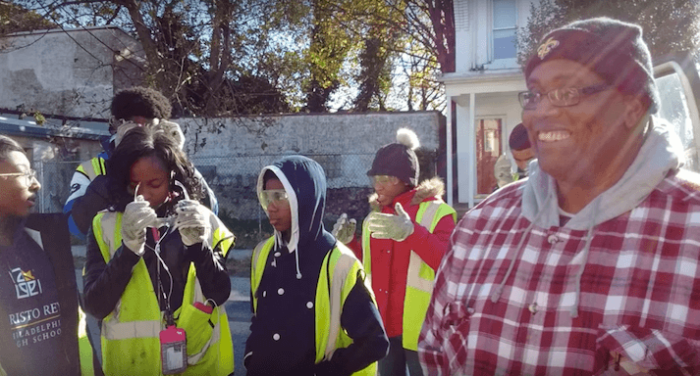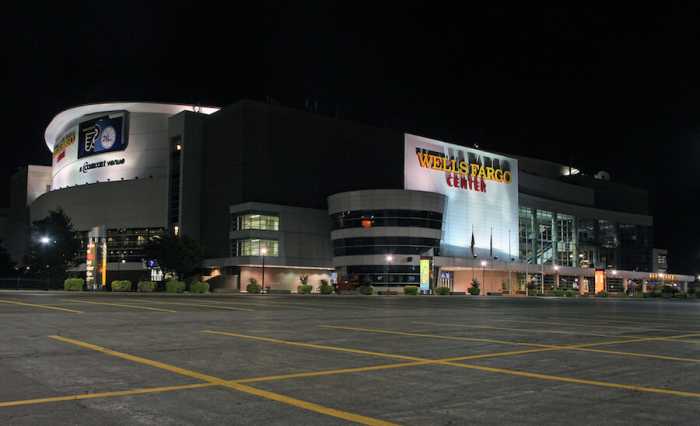A series of high-profile incidents inside Philadelphia’s prison system has led union leaders representing city correctional officers to push Mayor Jim Kenney’s administration to do more to secure the jails.
The challenges, officials from AFSCME District Council 33 Local 159 say, are being fueled by severe understaffing. Hundreds of correctional officers and other employees have left in recent months, the union said.
“On a daily basis, we get officers, administrative personnel, sergeants, lieutenants, captains, deputy wardens and wardens that just resign,” Local 159 Business Agent Eric Hill told Metro.
Dozens of inmates housed in multiple units at the Philadelphia Industrial Correctional Center (PICC), the city’s second largest jail, forced officers to retreat and barricaded entrances for more than two hours on the afternoon of Friday, Aug. 20, Hill said.
They destroyed control panels, computer systems, windows and doors inside the units during the mini-riot, he added.
A city spokesperson confirmed the incident, describing it as a “major disturbance” encompassing two units. An emergency response team was able to get the inmates back into their cells, and no one was injured.
Kenney’s office is investigating the disturbance, the spokesperson, Deana Gamble, said.
A day after the riot, also at PICC, which houses men facing the most violent charges, two inmates jumped a female correctional officer and beat her, said Local 159 President David Robinson.
Her injuries were not serious, according to Hill, but union officials worry the attacks could escalate.
“Something has to be done,” Robinson said. “There has to be some type of game plan that the city has or the department has for this, and, right now, we’re not getting anywhere with this.”
“I’m trying to prevent someone from getting hurt or even killed,” he added.
Staffing shortages, in conjunction with a rise in the prison population, are exacerbating the vulnerabilities of a job that can be dangerous even under normal circumstances.
Just last year, Hill said, there were 1,368 correctional officers working at the jails, all of which are clustered on State Road in Northeast Philadelphia. Now, the system has about 1,200 officers. Nearly 500 officers retired or quit over the past several months, according to Hill.
Often, he said, one officer is overseeing 60 or more inmates, and, in some cases, housing units are unmanned.
“These people are just overworked, and they’re getting tired,” Robinson said.
After dropping significantly early in the coronavirus pandemic, inmate numbers in Philadelphia jails increased by 20% from June 2020 to March 2021, according to the Vera Institute of Justice. More than 4,500 people are currently incarcerated at the prison complex.
Robinson and Hill met with Kenney last week to discuss their concerns, and Robinson said the mayor provided “positive feedback.”
Gamble, in an emailed statement, said the Department of Prisons “takes the conditions of the facilities and health and safety of inmates and staff very seriously” and that “extensive efforts are underway” to tackle the issues.
She said 15 correctional officer cadets are scheduled to graduate next month, with another 34 set to wrap up their training in November. Orientation is getting underway for an additional class.
As Metro reported in July, inmates at a few of the jails, including PICC, have recently figured out how to pop locks, allowing them to leave their cells at will.
Gamble said inmates have been stuffing the locks with debris, compromising their integrity.
Locks at PICC are being replaced, and, in the meantime, city workers have welded slide bar locks over the doors.
Robinson said that arrangement has helped, and it was “fairly quiet” this past weekend — still, the situation remains volatile.
“Oh, it’s very dangerous because, at any given moment, it can erupt,” he added.




























